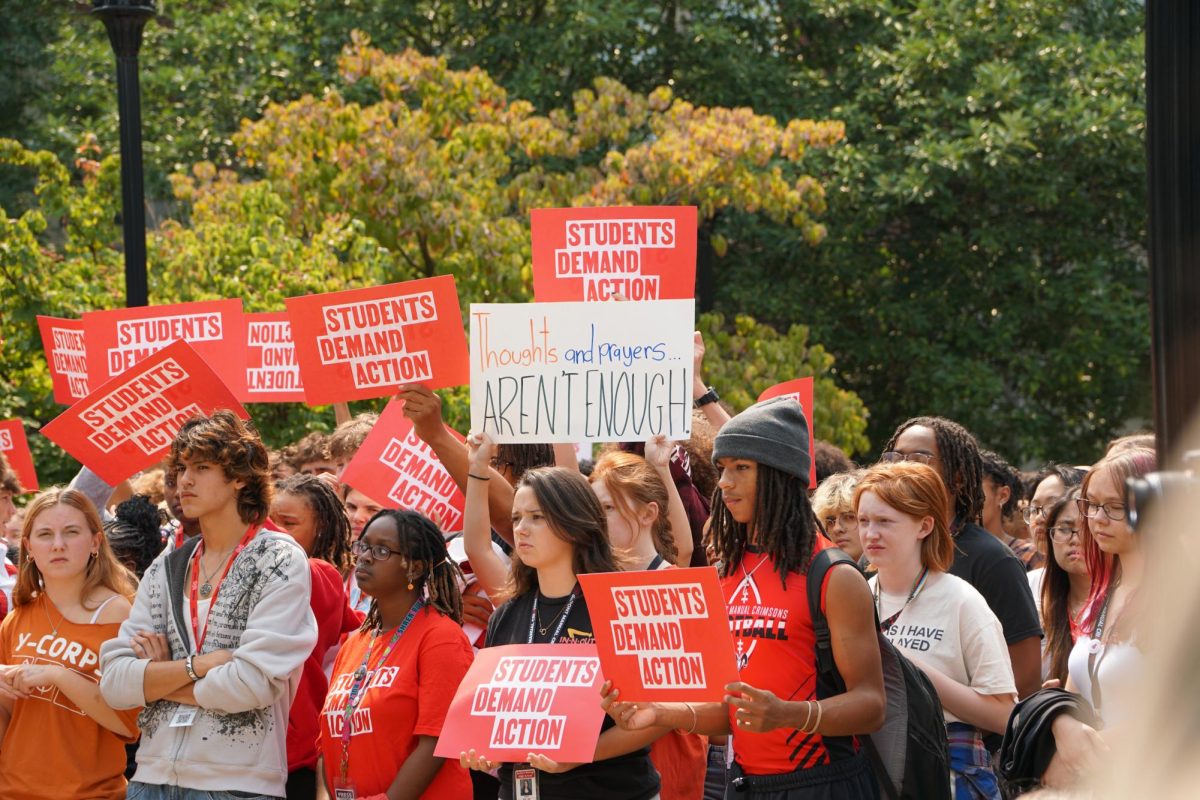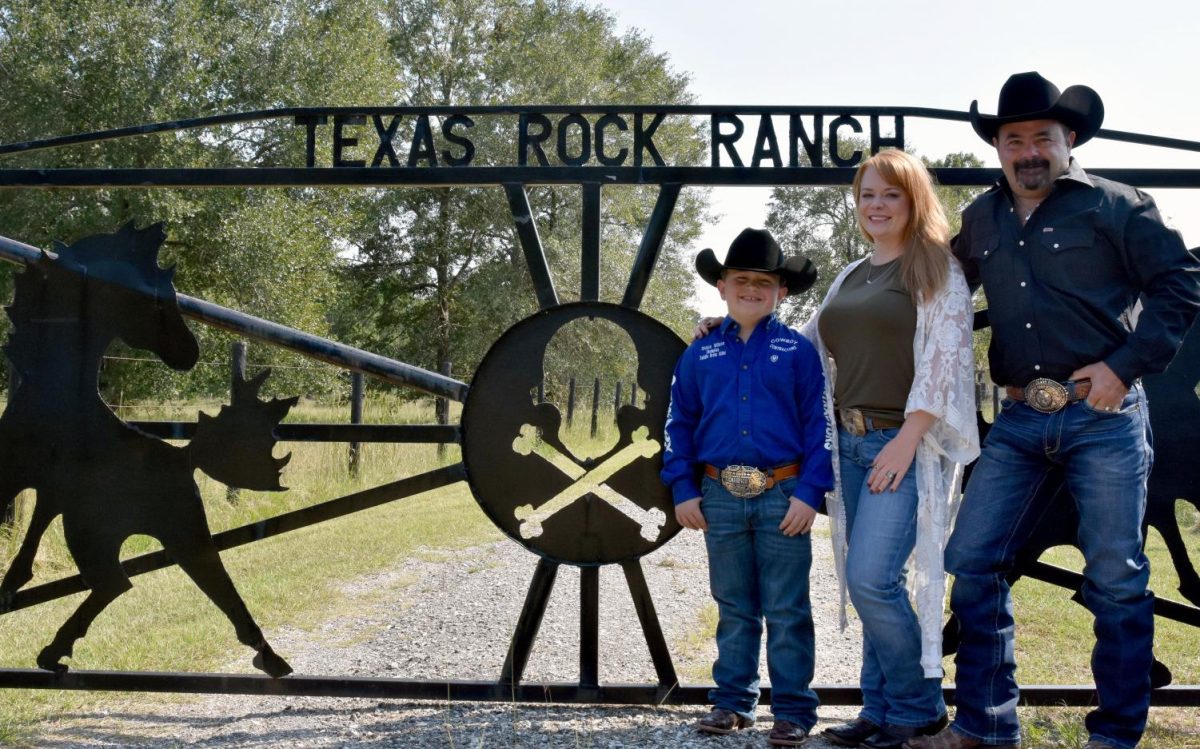Beloved English and AVID teacher Janey Gidion is one of SJHHS’ silent heroes. Although Gidion is best known for her exuberant energy and warm smile as an educator, her heart of gold far exceeds a classroom setting.
Gidion began teaching at SJHHS in 2009, making her a true Stallion veteran of 15 years.
On September 28, 2024, Gidion celebrated her 20th “Kidneyversary” with her older sister Julie Gidion-Smith.
At the age of four, Julie was diagnosed with focal segmental glomerulosclerosis, a degenerative kidney disease.
Although this disease remained relatively dormant for the majority of Julie’s life, doctors told her from a young age that her kidney would likely begin degenerating at the age of 35.
In 2003, just two months before Julie’s 35th birthday, she began experiencing symptoms of kidney failure. Common symptoms of kidney failure include poor appetite, fatigue, headache, muscle cramps, and nausea.
“My whole family just thought it was the flu. It really is a silent killer,” said Janey.
After a relentless nose bleed, Julie was brought to the hospital. Here, she underwent a blood transfusion, and a series of tests confirmed that the cause of her ailment was her failing kidney.
Without hesitation, Janey quit her job and moved into her sister’s home in order to provide support.
“While that was happening, I tested to see if I was a match for a donor. At the time, I wasn’t, because our blood types didn’t match. I remember going to her crying because I couldn’t donate,” said Janey.
After multiple doctor visits, Julie was told that she would likely never find a donor due to her blood transfusion, which caused her platelets to reject anything foreign.
However, after visiting multiple specialists at USC and UCLA, Julie found her solution on the Today Show of all places. This particular segment detailed a new method of organ donation in which you didn’t have to be a blood match, just a tissue match.
With their interests sufficiently piqued, both sisters flew to Johns Hopkins University in order to meet Dr. Robert Montgomery. former chief of transplant surgery and director of the comprehensive transplant center at Johns Hopkins, Montgomery is well-known for his immense impact on the organ transplant world.
Upon their arrival to Johns Hopkins, the two sisters took blood and tissue tests. Much like before, the blood tests came back as negative matches. However, their tissues were a perfect 6/6 match.
Despite her lack of complimentary blood, Montomgery reassured Julie that she would be just fine.
After over a year of intensive tests, therapy, and exercise, the surgery took place on September 28, 2004.
“Going into the surgery, I was not nervous about myself. I was more nervous that her body wouldn’t accept it, and then I would feel like I let her down,” said Janey.
Julie and Janey became Montgomery’s seventh surgery in his experimental laparoscopic method for removing a kidney from a living donor. Today, laparoscopic donor nephrectomy is a widely used practice.
After six weeks of recovery, the surgery proved to be overwhelmingly successful for the sisters. Although Julie was informed that her kidney would only last for five to ten years, her kidney remains healthy and functioning to this day.
In commemoration of their 20th “Kidneyversary,” the two sisters got matching tattoos.
“I would like to encourage everyone to become an organ donor. I mean, you can save a life,” said Janey.
For more information regarding organ donation, visit: https://www.organdonor.gov/
This story was originally published on The Express on October 18, 2024.





































